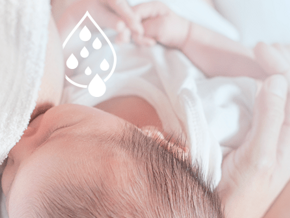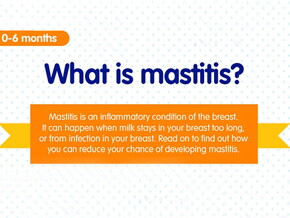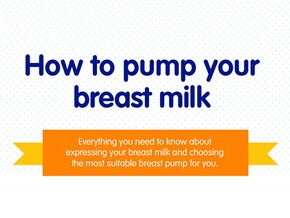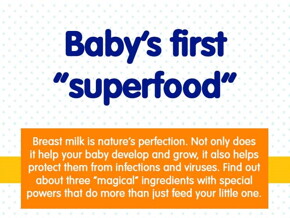
Feel like your baby isn’t getting enough to eat in the first days of breastfeeding?
You aren’t alone, many new moms feel like they aren’t producing enough milk for their little ones during the first few days. The good news is, you are! So long as your baby has a proper latch and is assessed to be growing well, colostrum, the milk that you produce in the first days of breastfeeding, is made in very small amounts and meets the needs of your newborn and their walnut-sized tummy. This milk is packed with proteins, vitamins, minerals and antibodies.
Size doesn’t matter for breast milk production
We’ve all heard the saying before and it applies here too. Whether your breasts are big or small they will produce milk to meet the nutritional needs of your baby. After you give birth, hormones tell your body to ramp up breast milk production. You continue to make breast milk as your baby breastfeeds, and the more he breastfeeds the more you will produce.
Latch and suck
With a proper latch your baby’s mouth will be opened wide and the lips will be turned out with most of your areola in your baby’s mouth. You should hear swallowing sounds as your baby sucks. At first these will be rapid and as the milk is let down the sucks will become longer and deeper. Your milk production comes in waves and the sounds of your baby will tell you how your milk flows. For more tips and advice on latching, see Guide to Breastfeeding and Feeding Positions.
Breast fullness and emptiness
3-4 days after birth, once your milk is in, your breasts may feel full before feeding. Let your baby feed as long as required before switching to the other breast, if needed. This ensures your baby gets both the thirst-quenching foremilk, and the nutrient-rich hind milk which follows. After feeding, your breasts should feel softer and less full. If this isn't happening, watch your baby while nursing to make sure she's not just sucking, but is swallowing milk as well.
Wet diapers
At the end of the first week your baby's number of wet diapers will have increased. By now your baby should have 2-3 substantial yellow-coloured bowel movements daily and soak at least 6 diapers in a 24-hour period.
Nursing frequency
Feed your baby on demand. During the early weeks, most babies nurse 8 to 12 times in a 24 hour period. Feeding on demand will help ensure sufficient breast milk production.
Weight gain
Weight gain is the best indication that your baby is getting enough milk. In the first week of life, your baby will actually lose weight. But once your baby's birth weight is regained, usually by the end of the second week, you should start to notice a steady, healthy weight increase. Learn more about your baby's physical growth here.
Overall health
An active, alert, and content baby is another top indicator of proper nutrition. Regular visits to your doctor will also help you monitor your baby's weight and general well-being. If you need reassurance or advice at any time, talk to your baby's doctor, a public health nurse or a lactation consultant in your area.
Vitamin D
Babies need vitamin D for healthy growth and development to build strong bones and teeth. It is recommended that breastfed babies receive vitamin D supplement (drops) to prevent vitamin D deficiency. Since vitamin D is added to infant formulas, make sure to discuss your baby's needs with your healthcare professional if you choose to supplement with formula.
Find breastfeeding help when you need it most
Most difficulties can be easily managed. You may simply need a few answers or a little guidance along the way. If you get support quickly, you'll be more likely to persevere with breastfeeding and be happy that you did. Some hospitals, community clinics or public health units also offer breastfeeding clinics to assist you in the community.
- Ask your doctor, midwife, or lactation consultant.
- If your baby was born in a hospital, most run breastfeeding clinics.
- Call your local health department and speak with a public health nurse.
- Talk to breastfeeding support group and find a local representative in the phone book or online.





















